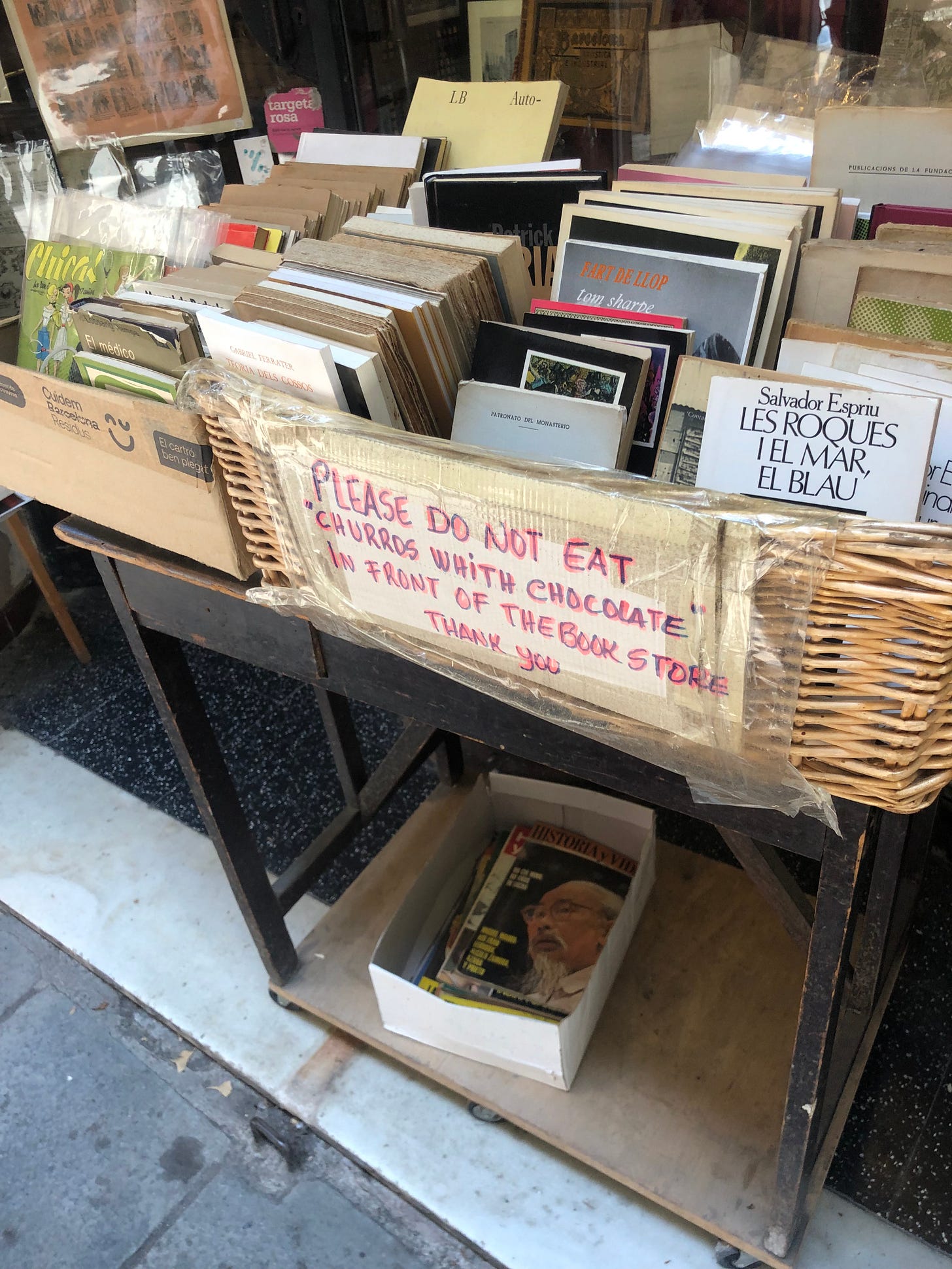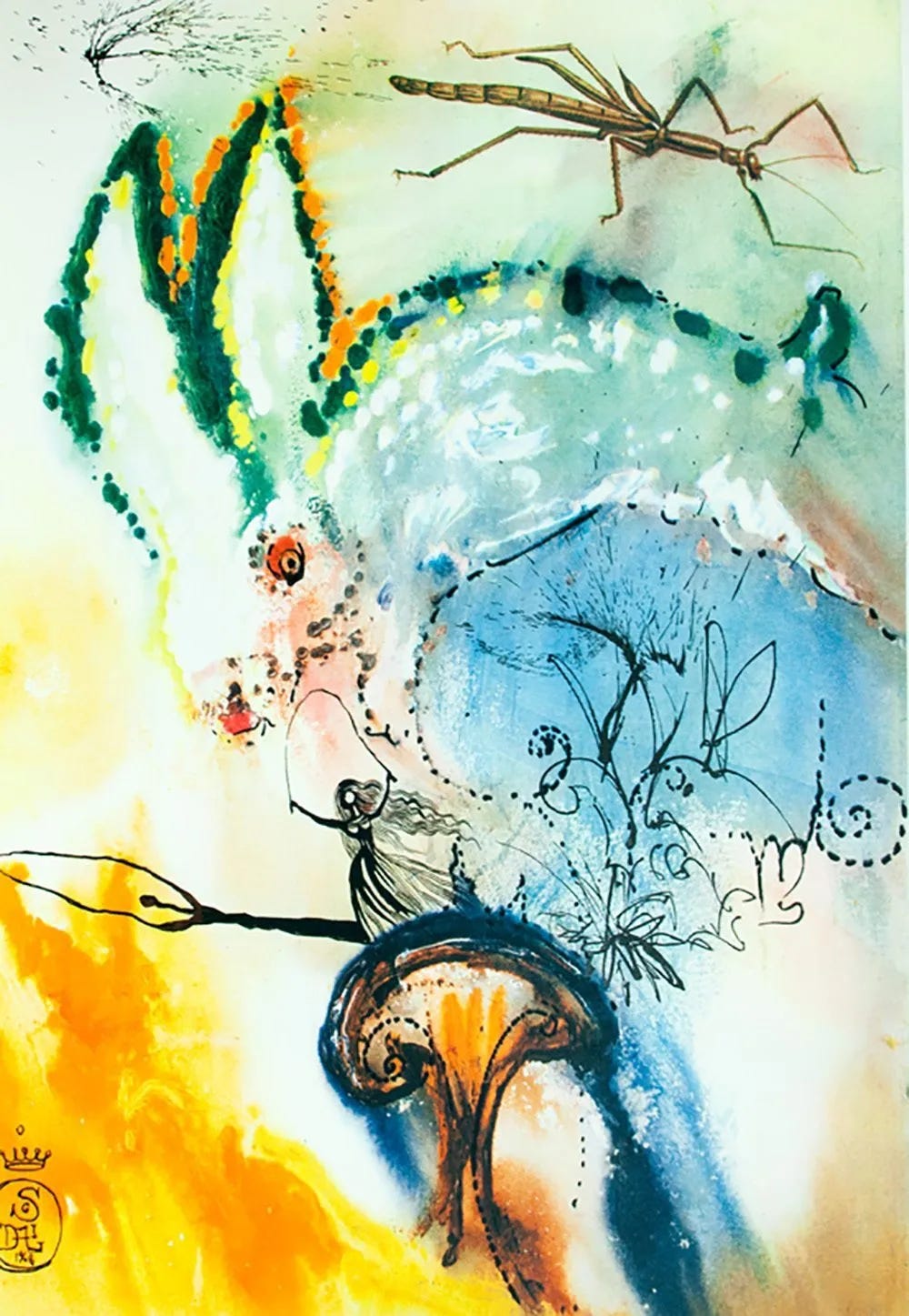In my trips around Europe in the last few years, I’ve picked up many books in translation from supposedly the best literary minds these countries have on offer (according to my research).
I’ve enjoyed some, I’ve slogged my way through others.
But can I really say I read them?
On the face of it, reading the translated prose of a given author is essentially reading the prose of their translator. Most lovers of Russian literature have digested more of Constance Garnett’s direct writing than they have Tolstoy, Turgenev or Dostoevsky.
I’m joking, but not entirely. The reality is, most languages can’t be matched like for like, so translators are forced to carry a lot of the load at points. This requires them to be very talented writers in their own right.
Still, too often the best attempts to capture a complex and subtle emotion that the French have dedicated a single word for, fall short when attempted in the inexact English language.
Isn’t this beside the point though? Surely if I’ve read Crime and Punishment, I’ve wrestled with Raskolnikov’s guilt in the same way that any native Russian speaker has?
I think that’s half true.
With a translated text, you’re getting the same general story, sure. But, that’s like saying the Salvador Dali illustrated version of Alice in Wonderland is the same as the Disney one.
Writing is more than story. If you’re interested in rhythmic structure and prose at the line level, you are deluding yourself believing that your translation is giving you all the nutrients of the original. Shit even if you’re not interested in those things, the experience of a poor translation that pays no attention to upholding the original’s literary style is going to deliver you a much shallower experience. That’s the bottom line. When it comes to masterful style, the reader is not required to understand what techniques are being applied for those techniques to work their magic.
It sounds a little bit like I’m saying there’s no replacement for the original here. Which again, I think is half correct.
Yet, I’d argue it’s crucial for any well rounded writer (and advanced reader) to layer a few translated texts into their reading diet. The obvious reason being: not every great writer speaks English so to scrunch your nose at translations is to miss out on a world of masterful novels.
But even if you speak multiple languages, let’s say you committed to the bit back in college and “learned to speak Russian so you could appreciate Dostoevsky in the original." I’d argue, it’s still important to read translated versions of those famous novels.
Maybe don’t start with The Brother’s Karamazov for the sake of maintaining a personal life. But it’s definitely worth reading the Constance Garnett version of Notes from the Underground then read it again, but this time choose the David Magarshack version (c’mon it’s a 150 page book at most, you can afford to read it twice. Just dial down your candy crush time for two days in a row).
Why invest time in this though?
For one, if a piece of writing is worth the price you shelled out for it, there will likely be more than one way to interpret it.
Reading the same story through the lens of two different translators, provides a unique opportunity to get into the mind of how another educated reader digests a given story and provides you with an opportunity to notice where their mind finds significance, where they skip over certain details that the other translator might have spent more time on and where they slow things down to linger on an image they deem important.
A translated work provides a rare opportunity to engage in this process because your inability to go right to the source (in the language you don’t speak) prevents your own tendencies as a reader from scrambling the signal. You’re getting outside of your mind in a way that’s impossible with reading in standard form.
Once you’re done with both versions, you’ll be in position to run an educated interrogation on your own taste. Honing in on which translation you prefer. Which stylistic choices resonated with you more out of the two, which interpretation of the scene felt more true. It takes the writing beyond the broad strokes of plot and plants you right into the machine room, looking at the gears and making advanced observations about what lights you up as a reader and what dampens your interest.
For readers, this will help you curate your future reading in the direction of this newly identified elements of your own taste, which will make your experience richer (or short of that, make it less likely that you burn a whole month reading a book that did nothing for you)
For writers the process is invaluable for marking out those elusive and vague taste markers and distilling them into specific technical choices. It allows you to dissect what translator A was doing while translator B overlooked it, then in your own writing, take conscious measures to lean more into the elements you noticed in translator A.
This is a slight tangent, but this approach also works for reading different drafts of a great writers’ well known texts.
You could do this by visiting the physical archives of whichever writer you’re studying. But the easier path is probably looking it up online and seeing what you can find.
For example, James Joyce’s The Sister’s and The Dead, are stories that were published in vastly different forms over the years. Early incarnations of The Sisters embodied early modernist style while later versions told the same story in an entirely different manner. Reading the different (at one time thought to be complete) attempts at the same story is a great way to see the malleable nature of story telling and how a master can slide the scale within the sphere of one work to find the optimal way to squeeze out the juice from this thing.
This is another fantastic opportunity to read both, assess what you like more, lean into that within your own work.
Both were written by James Joyce. Both are good. Neither is better than the other, but one will definitely appeal to your sensibilities more. Identifying what that is and moving in its direction is the key to everything.
Unless you’ve got bad taste of course. Though you wouldn’t be here if that were the case.
If you enjoyed this please share it
If you really enjoyed it. Please leave a tip.




